Have you ever wondered if humans could truly enter a state of hibernation like bears or squirrels? It sounds like something out of a science fiction novel, yet the notion might not be as far-fetched as it seems. Researchers are delving deep into the mysteries of human hibernation possibilities, uncovering surprising facts that could one day revolutionize medicine, space travel, and our understanding of the human body.
Scientists have long been fascinated by the natural hibernation abilities of certain animals. These creatures manage to lower their metabolism drastically, conserving energy and surviving months without food. What if humans could do the same? Recent studies have shed light on this intriguing possibility, especially in the context of critical care and space missions. The idea is that inducing a hibernation-like state in humans could potentially minimize the need for resources during long-duration space travel or help in the recovery of critically ill patients by giving their bodies a chance to heal1.
One key discovery came from observing a state called torpor, a short-term hibernation-like period that certain animals experience2. This finding led scientists to explore the mechanisms that could enable humans to enter a similar state safely. The research points to the potential for manipulating temperature and metabolic processes to induce torpor, thereby reducing the body’s need for oxygen and other resources3.
Interestingly, there is evidence that humans have, under extreme conditions, exhibited hibernation-like states. Cases of individuals surviving in cold environments for extended periods by seemingly reducing their metabolic rate suggest that some form of hibernation could be naturally possible or induced in humans4. Such cases provide hope that with further research, controlled human hibernation may become a reality.
However, inducing hibernation in humans is complex. It involves numerous challenges, including safely reducing body temperature and metabolism without causing harm, and then reversing the process. Current research is exploring the use of certain drugs and environmental conditions to mimic the natural triggers of hibernation found in animals. While this is a promising start, there is still much to learn before human hibernation can be safely and effectively achieved5.
As we stand on the brink of this fascinating frontier, it’s exciting to consider the possibilities that human hibernation could unlock. From saving lives in medical emergencies to enabling long-haul space travel, the science behind human hibernation broadens the horizon of what’s possible. It’s a call to the curious minds and dreamers: the mysteries of the human body and its potential are vast and waiting to be explored. Let’s embrace the journey of discovery with open minds and spirited hearts.
- https://www.smithsonianmag.com/smart-news/scientists-are-trying-figure-out-if-humans-can-hibernate-180955018/ [↩]
- https://academic.oup.com/book/27735/chapter-abstract/197933685?redirectedFrom=fulltext [↩]
- https://www.space.com/astronaut-hibernation-trials-possible-in-decade [↩]
- https://www.dazeddigital.com/life-culture/article/60036/1/sleepy-scientists-exploring-human-hibernation-torpor-mice-space-travel [↩]
- https://www.ncbi.nlm.nih.gov/pmc/articles/PMC7141767/ [↩]



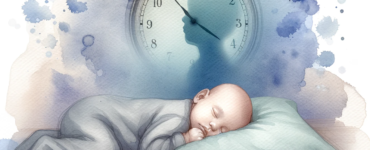
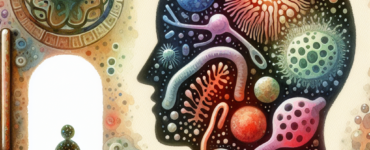
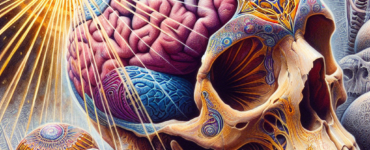

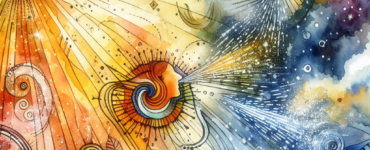
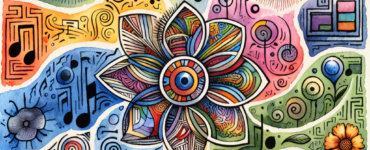





























Add comment